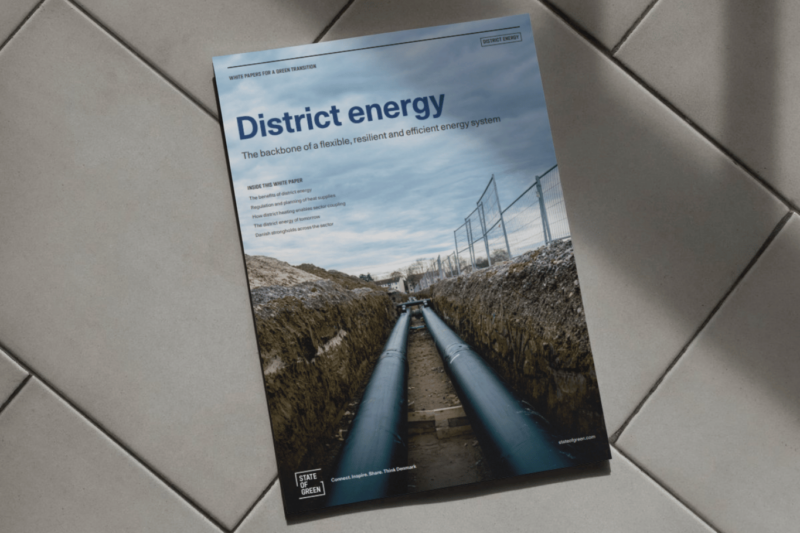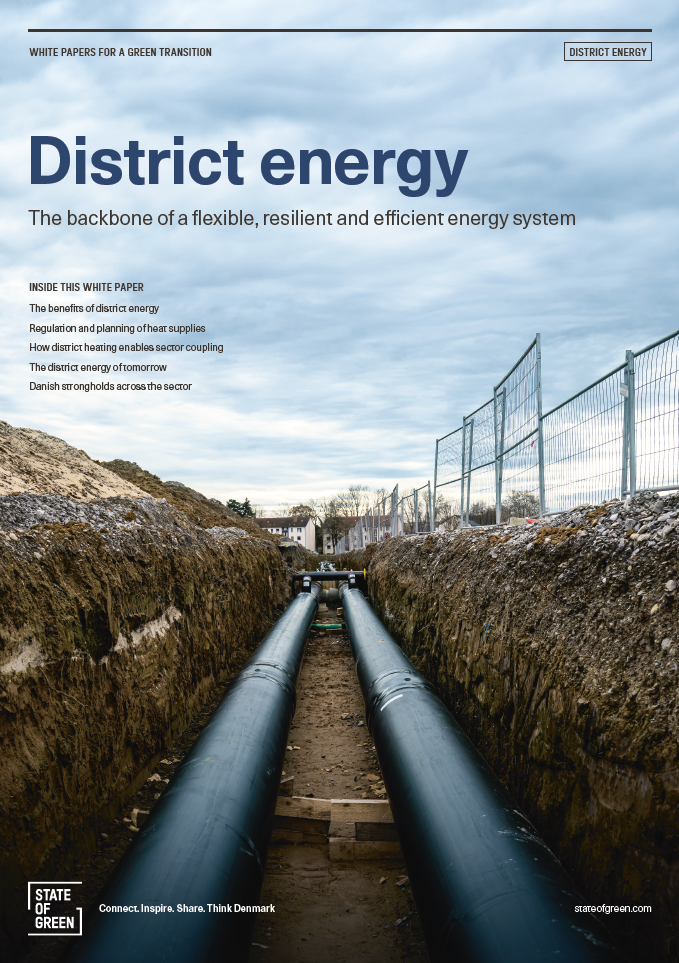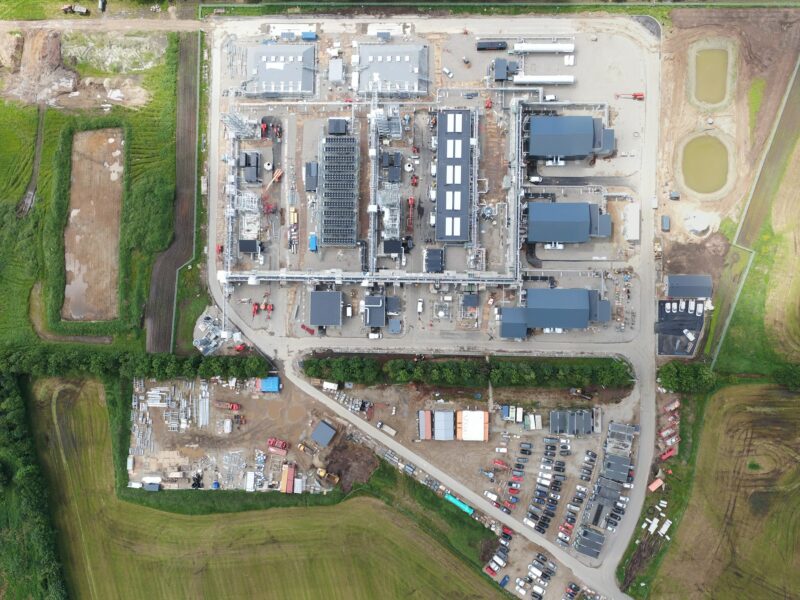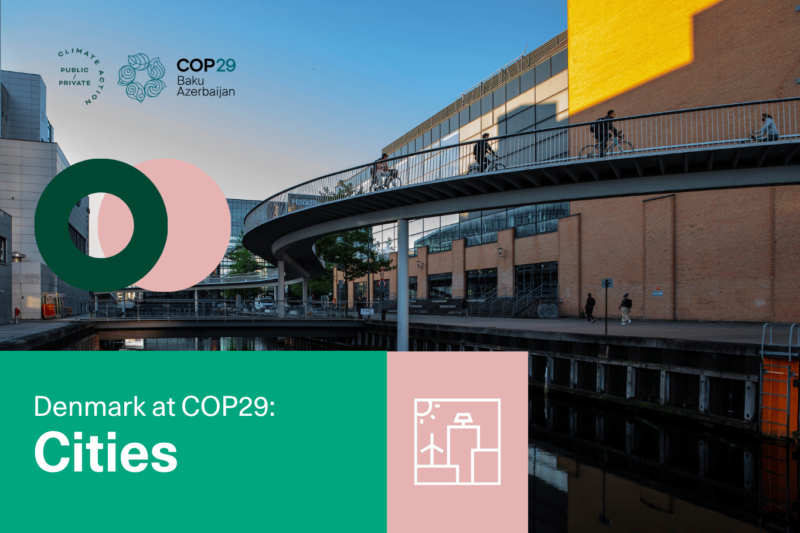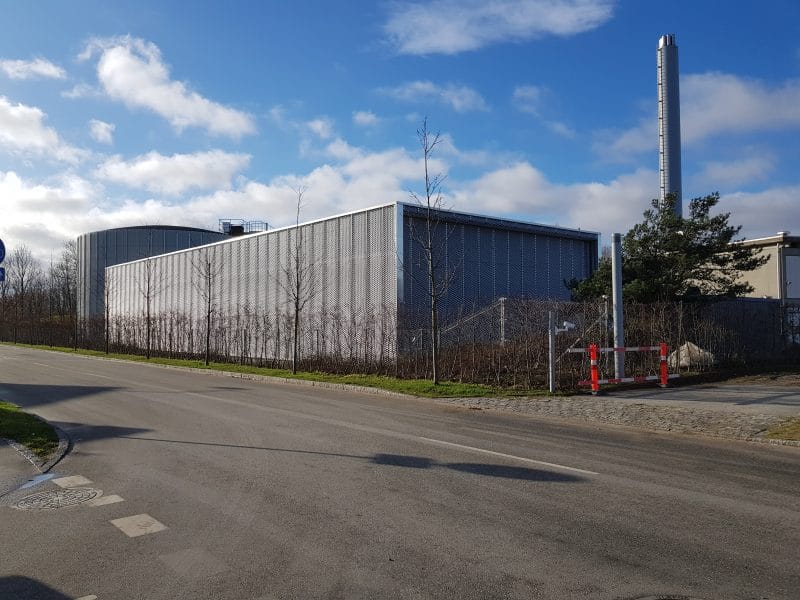News
Smart cities
City of Copenhagen Launches the World’s First Big Data Platform for Cities


Yesterday, Copenhagen's new City Data Exchange was launced at the City Hall -a new solution for making public and private data accessible so that they can power innovation that can make smart cities of the future more sustainable, prosperous, and vibrant. The project is a key initiative of the City of Copenhagen and the Capital Region of Denmark; it supports not only their drive to become carbon neutral by 2025, but also offers a huge potential to improve the quality of life of citizens and boost the local economy.
The City Data Exchange is a new service that will provide data to an ecosystem that can turn cities into smart cities. The marketplace for data was developed over the past year by Hitachi Insight Group, which built the solution, created a first set of applications, and tested it with real data, in close collaboration with all the partners who are contributing data to the service.
-Related news: Big Data in Denmark Attracts Japanese Giant
With its launch, the City Data Exchange will bring together data from public and private data providers, taking what was once a fragmented data landscape and turning it into a one-stop-shop for public and private data from across the Copenhagen region.
-Data is the fuel powering our digital world, but in most cities it is unused, said Hans Lindeman, Senior Vice President, Hitachi Insight Group, EMEA.
-Even where data sits in public, freely accessible databases, the cost of extracting and processing it can easily outweigh the benefits.
Many of the datasets will be accessible for the first time, now that guidelines for a data format that is safe, secure, ensures privacy and makes them easy to use are available. The City Data Exchange will only accept data that has been fully anonymised by the data supplier. All of this spares organisations the trouble and cost of extracting and processing data from multiple sources. At the same time, proprietary data can now become a business resource that can be monetised outside an organisation.
Two green apps
As a way to demonstrate how data from the City Data Exchange could be used in applications, Hitachi Insight Group is developing two applications: Journey Insight, which helps citizens in the region to track their transportation usage over time and understand the carbon footprint of their travel; and Energy Insight, which allows both households and businesses to see how much energy they use. Both are set for public launch later this year.
Smart insights for smart cities
The City Data Exchange will offer data in different categories such as: city life, infrastructure, climate and environment, business data and economy, demographics, housing and buildings, and utilities usage. It meets the needs of local government, city planners, architects, retailers, telecoms networks, utilities, and all other companies and organisations who want to understand what makes Copenhagen, its businesses and its citizens tick.
-Related news: Big Data as a Growth Factor in Danish Business
The range of categories also shows that the launch has significance way beyond Copenhagen itself. The exchange could become the solution for data-driven city planning and Big Data analytics for the Internet of Things in other cities around the globe.
-Smart Cities need smart insights, and that’s only possible if everybody has all the facts at their disposal. The City Data Exchange makes that possible; it’s the solution that will help us all to create better public spaces and - for companies in Copenhagen - to offer better services and create jobs, said Frank Jensen, the Lord Mayor of Copenhagen.
Used cases
A typical example of how the City Data Exchange can transform city planning is a project by design practice Gehl Architects, which ran a public space analysis in 2005 to boost the attractiveness of Copenhagen’s Vesterbrogade passage. Much of their design work relied on data based on samples. Thanks to the data exchange, in the future Gehl Architects can revisit the project to quickly gain much deeper insights into how citizens are using the area, which will result in better informed design decisions and public policy making.
The City Data Exchange is currently offering raw data to its customers, and later this year will add analytical tools. The cost of gathering and processing the data will be recovered through subscription and service fees, which are expected to be much lower than the cost any company or city would face in performing the work of extracting, collecting and integrating the data by themselves.
- Read more abour the City Data Exchange
-SEE THE TOTAL LIST OF THE TOP 24 GREEN NEWS FROM 2016
Source: Press release from Hitatchi
You should consider reading
publications
Combined heat and power production
+9
